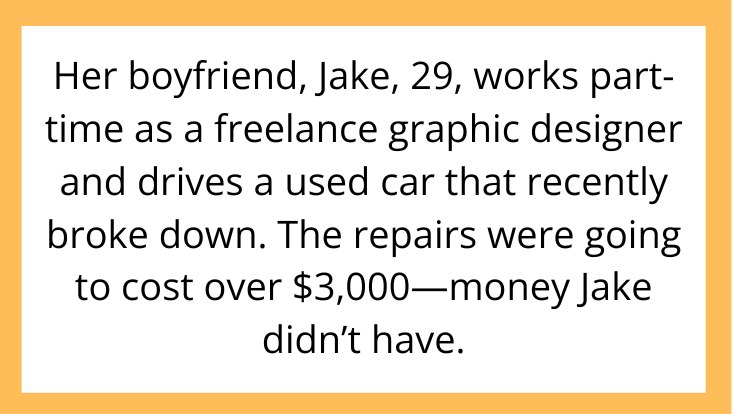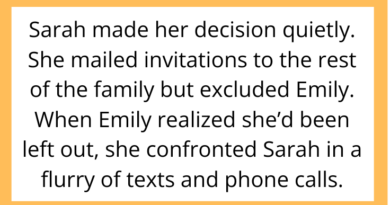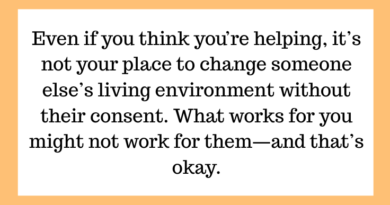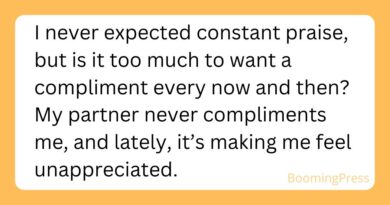AITAH for Refusing to Pay for My Boyfriend’s Car Repairs Even Though I Make More Money?
Relationships often come with unspoken expectations—especially when it comes to money. But what happens when one partner assumes financial responsibility without agreement? In today’s AITAH-inspired blog post, we examine a situation where income disparity leads to a dramatic standoff. Is financial independence selfish—or smart?
The Backstory: Unequal Incomes, Unequal Expectations
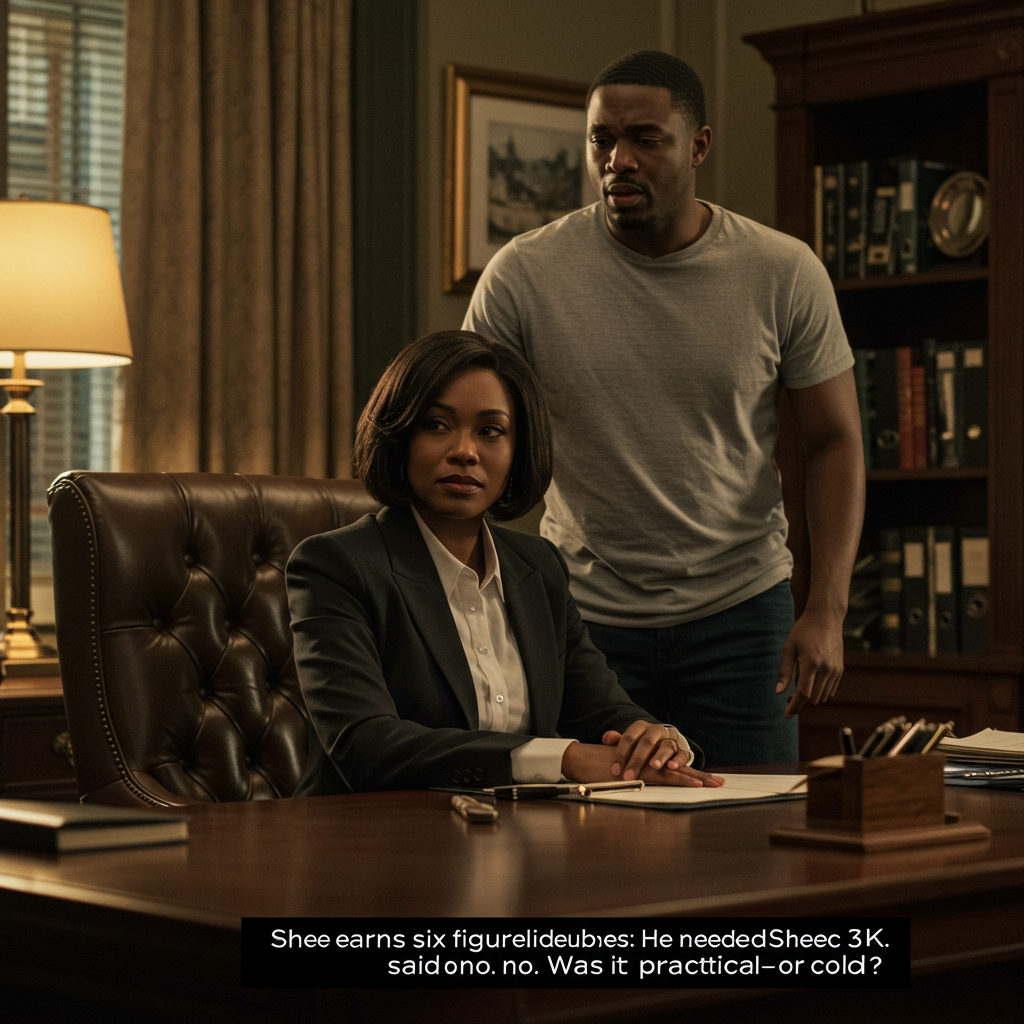
A 27-year-old woman—let’s call her Sara—turned to Reddit’s r/AITAH community with a story that hit a nerve. She works as a software engineer, makes a solid six-figure salary, and is proud of the financial freedom she’s earned.
Her boyfriend, Jake, 29, works part-time as a freelance graphic designer and drives a used car that recently broke down. The repairs were going to cost over $3,000—money Jake didn’t have.
Jake turned to Sara.
He asked if she could cover the cost and let him pay her back “over time,” although with no clear repayment plan. Sara refused, explaining that while she could technically afford it, she didn’t feel comfortable mixing finances—especially since they weren’t living together or married.
Jake was shocked. He accused her of being “stingy” and “unsupportive,” saying that if the roles were reversed, he’d help her without hesitation. The argument escalated, and Jake called her “too focused on money” and stormed out.
Sara asked Reddit: AITAH for refusing to help even though I have the means to do so?
The Debate: Generosity vs. Financial Boundaries

Sara’s Side: Money and Autonomy
Sara’s decision wasn’t rooted in greed—it was about boundaries. She worked hard to build financial stability, and she’s cautious about entangling money with relationships too soon. Offering a loan without a plan, timeline, or legal agreement could damage not just her bank account—but the relationship itself.
She also mentioned she’s helped Jake before: covering small bills, paying for dinners, and even spotting him for rent once. But this time, the ask felt too big.
And the lack of appreciation didn’t help.
Jake’s Side: Partnership Means Support

Jake, on the other hand, sees relationships as partnerships. To him, being together means backing each other up—especially during tough times. He wasn’t asking a stranger for a favor; he was turning to someone he loves and trusts.
From his point of view, Sara’s refusal felt transactional and cold. He felt embarrassed, unsupported, and maybe even emasculated by her financial success and unwillingness to share it.
Reddit Responds: Divided but Firm
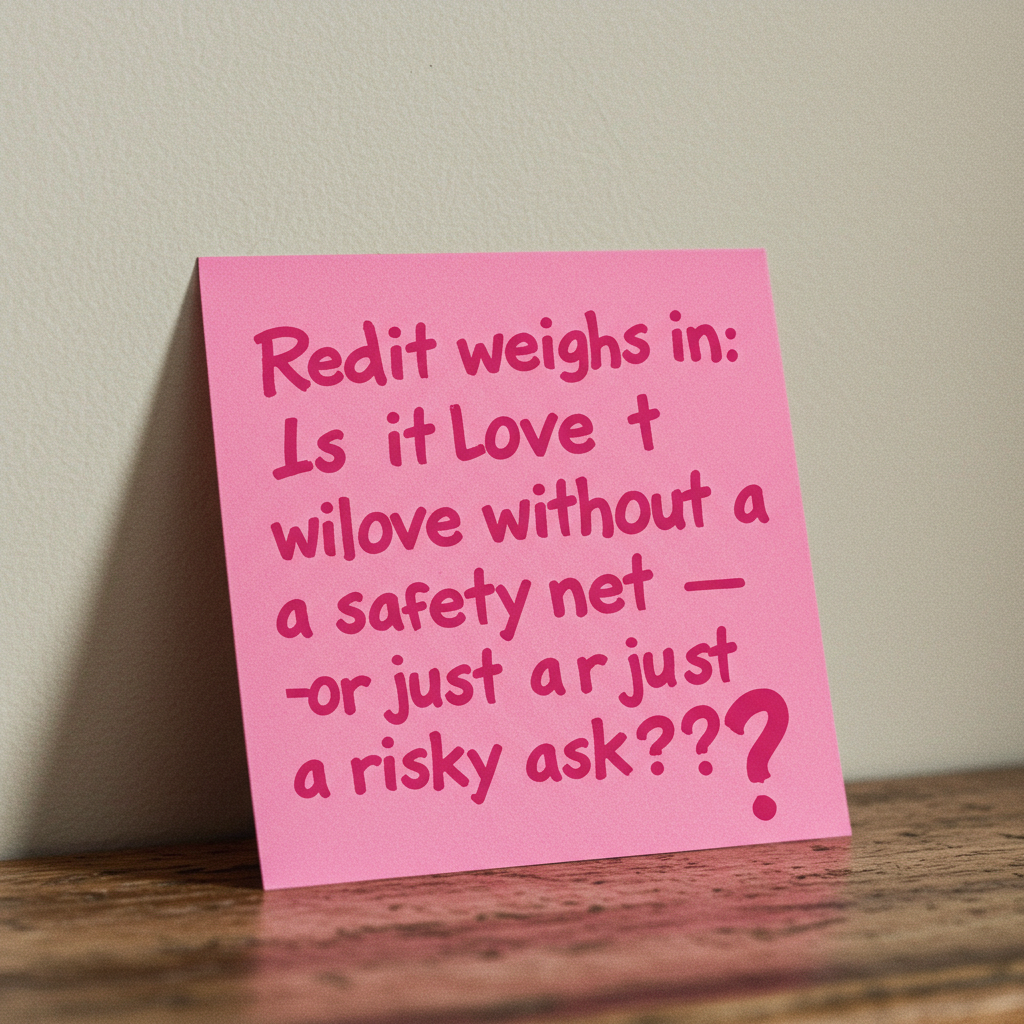
The responses on Reddit were sharp and diverse—but most leaned toward defending Sara.
“Just because you can help doesn’t mean you should,” one top comment read. “Financial compatibility is as important as emotional compatibility.”
Others pointed out that Jake’s reaction was a red flag. The lack of a clear repayment plan—and his emotional manipulation—suggested deeper issues.
Still, a few sided with Jake.
“If you love someone, you help them,” one user wrote. “Money shouldn’t be more important than people.”
Money and Relationships: A Common Flashpoint

This scenario highlights a common tension in modern dating: how couples navigate income differences and financial expectations.
Questions like:
-
Should the higher earner always contribute more?
-
When is it okay to say no?
-
Is helping a sign of love—or a recipe for resentment?
These are questions every couple eventually faces.
What Should Sara Do Now?

If She Stands Her Ground:
-
She maintains financial independence and avoids risky entanglements.
-
But Jake may feel resentful or abandoned, especially if his pride is hurt.
If She Helps:
-
It could bring them closer in the short term.
-
But if repayment doesn’t happen—or if more requests follow—it could breed long-term resentment.
The healthiest path? A calm conversation. Clear boundaries. Mutual understanding. And maybe—if this relationship is long-term—some professional financial planning.
The Verdict: Not a Villain, But a Wake-Up Call

Sara isn’t the villain. She’s setting a boundary—and doing it in a way that protects both her finances and her future. Helping your partner is one thing. Becoming their safety net without agreement is another.
But Jake’s feelings aren’t invalid either. He’s struggling, embarrassed, and possibly fearful of being left behind.
This situation isn’t about who’s richer—it’s about whether these two people are financially compatible.
